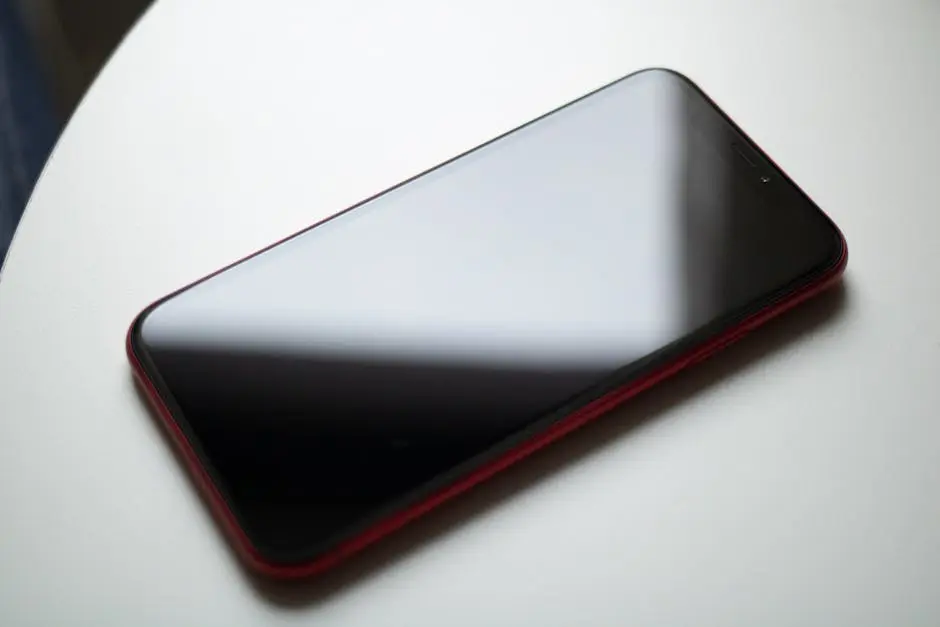In today’s fast-paced world, our iPhones have become essential tools for communication and productivity. Ensuring that your device runs smoothly often means paying attention to its battery health. A common question among iPhone users is how often they should consider replacing their battery. This blog will guide you through the key signs and factors to help you make that decision with ease.
Signs Your iPhone Battery Needs Replacement
If your iPhone isn’t holding charge as well as it used to, or if it unexpectedly shuts down even when there’s battery percentage left, these could be signs of a failing battery. Performance sluggishness and overheating are other indicators that it might be time to consider a replacement.
Another sign is if you notice your iPhone becoming excessively warm while charging or during usage. Though iPhones naturally generate some heat, abnormal warmth can point to battery inefficiency. Additionally, if your device takes longer to charge or your battery percentage appears to change rapidly, these are also warning signs.
If any of these symptoms appear, it might be helpful to look into professional services such as our comprehensive repair services to ensure your iPhone continues to perform at its best.
Understanding Battery Health Readings
Your iPhone provides battery health insights directly in the settings. Learn to interpret these readings, as a battery capacity under 80% usually means your battery is significantly degraded and replacement might be warranted.
To access this feature, go to Settings > Battery > Battery Health. You’ll find the maximum capacity of your battery displayed, which indicates how much charge your battery can still hold relative to when it was new. Keeping an eye on the ‘Peak Performance Capability’ is just as critical, as this measures whether your battery is able to deliver the required performance.
For those looking to maintain optimal battery health, it’s advisable to understand these readings and consult with battery maintenance tips found on our site.
Typical Lifespan of an iPhone Battery
An iPhone battery is designed to retain up to 80% of its original capacity at 500 complete charge cycles. Depending on usage, this can equate to about 18-24 months for most users.
However, individual usage patterns can affect the lifespan of your battery significantly. If you frequently use power-hungry apps or features, your overall battery life expectancy might decrease. A good rule of thumb is to understand and manage how often you charge your phone, as frequent partial charging can contribute to longevity.
For those who are keen on maximizing their device’s lifespan, Apple frequently updates its iOS with battery friendly features, ensuring users get the most out of their batteries as recommended.
Apple’s Recommendations for Battery Replacement
Apple suggests replacing the battery when the capacity significantly drops below the 80% mark or when performance becomes noticeably affected. Regular software updates can also help in maintaining battery efficiency.
Following Apple’s guidelines not only ensures the reliability of your device but also optimizes its performance with each update. Their expertise in battery technology can assist you in assessing when a battery replacement is truly needed.
Should you notice persistent issues despite adhering to these guidelines, consider reaching out to our repair experts for tailored advice and support.
Tips to Extend Battery Life
To prolong battery life, avoid exposing your iPhone to extreme temperatures, use optimized battery charging, and limit background app refresh. These simple habits can delay the need for a battery replacement.
Another tip is to manage your screen brightness and cellular usage, both of which can drain your battery over time. Automation and battery-saving modes provided by iOS can also be utilized to extend your battery’s efficiency throughout the day.
Be sure to regularly check our blog for updated information on all things iPhone, and consider these practices to maximize your device’s battery life.
Keeping Your iPhone Battery Health in Check
Regularly monitoring your iPhone’s battery health ensures that your device continues to function efficiently. By understanding the signs of a deteriorating battery, knowing how long an iPhone battery typically lasts, and following Apple’s guidelines, you can make informed decisions about when to replace your battery. Keeping these tips in mind will help extend the life of your device and enhance your overall user experience.

